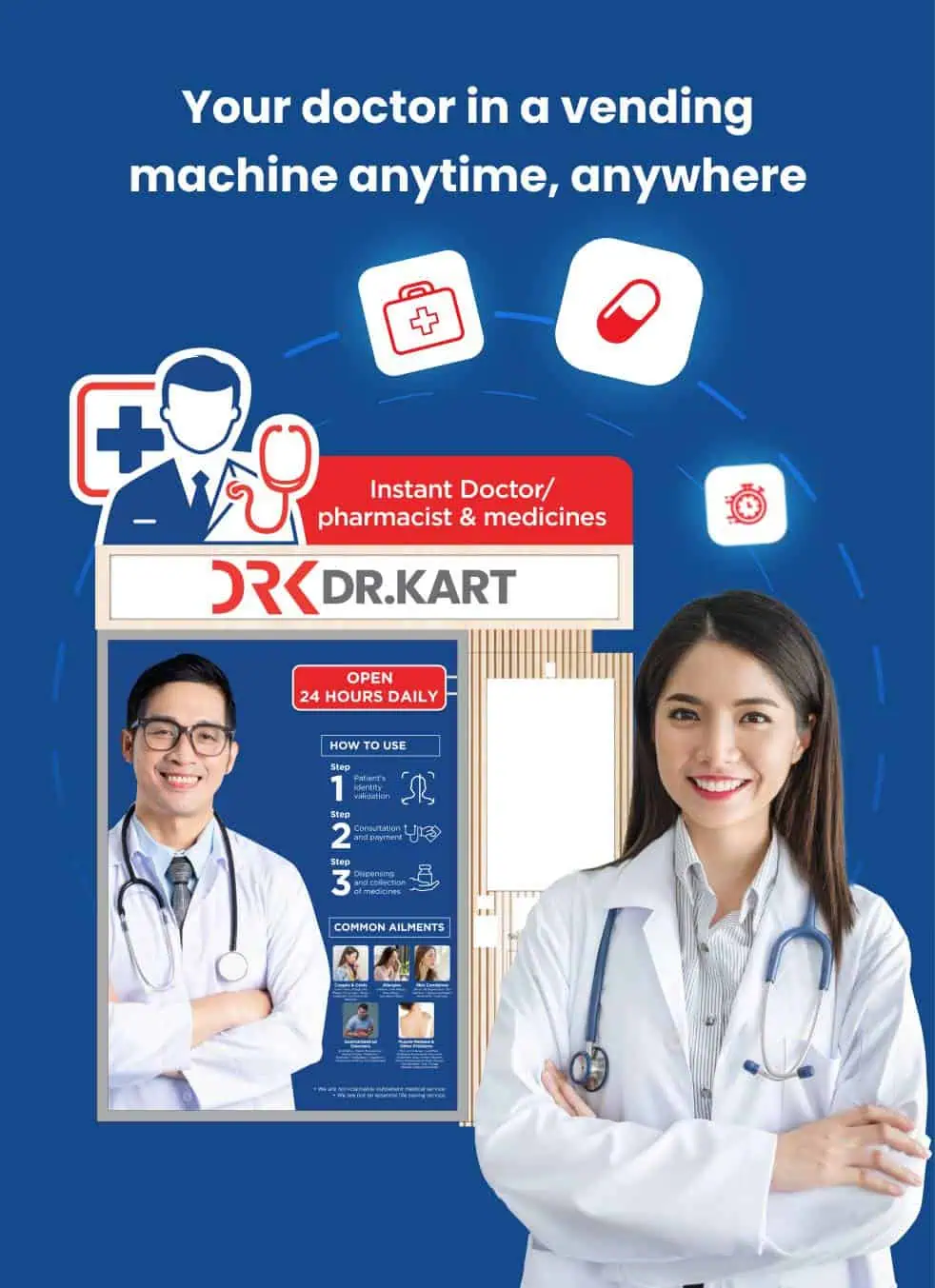Feeling queasy or running to the toilet more than usual?
Digestive issues can really disrupt your day – whether it’s during an important meeting, or while you’re trying to care for your family. Here’s the good news: with the right medication and lifestyle changes, you can significantly reduce your chances of recurring gut discomfort.
What Causes Digestive Issues?
Understanding the root causes is the first step towards effective management.
Our digestive system is a complex and often overlooked network that plays a vital role in our overall well-being. However, various digestive issues – such as acid reflux, ulcers, and Irritable Bowel Syndrome (IBS) are common ailments that adversely affect our digestive system, leading to negative impacts on our overall well-being. The following are eight common contributing factors:
1. Lifestyle Factors
Diet plays a major role. Diet high in processed foods, unhealthy fats, and low in fibre can disrupt gut balance. Stress, sleep deprivation, and lack of physical activity also impact digestion. “Cigarette smoking” and “Alcohol abuse” are well known to further aggravate digestion problems.
2. Infections
Bacterial infections, such as Helicobacter pylori (H. pylori), are major culprits in peptic ulcers. Viral or parasitic infections can also lead to digestive disturbances.
3. Medications
Certain medications, especially (NSAIDs), can irritate the stomach lining and increase the risk of ulcers or acid reflux. Antibiotics, especially broad-spectrum ones, may also disrupt the gut microbiome by killing beneficial bacteria in the gut along with the harmful ones, leading to an imbalance and potential overgrowth of other bacteria.
4. Genetics and Underlying Conditions
Some people are genetically predisposed to digestive issues, such as Crohn’s disease, ulcerative colitis, and coeliac disease.
5. Gut Microbiome Imbalance
The gut microbiome is a community of trillions of microorganisms. An imbalance, or dysbiosis, can lead to problems like IBS.
6. Increased Stomach Acid Production
Stomach acid (Vital for digestion), when present in excessive amounts can lead to reflux, causing damage to the esophagus and stomach lining.
7. Hiatus Hernia
A condition where part of the stomach pushes through the diaphragm, weakening the lower esophageal sphincter and causing acid reflux.
8. Visceral Hypersensitivity
In IBS, the nerves in the gut can become overly sensitive, resulting in pain and discomfort even during normal digestion.
Medication Options for Digestive Issues
If symptoms persist, medications can offer relief. The following are common options:
For Gastric Reflux and Ulcers:
- Axcel Eviline Tablet
- Axcel Eviline Forte Suspension
- Gaviscon Double Action
- Other Prescription medication
For Indigestion and Stomach Bloatedness
- Gaviscon Double Action
- Other Prescription medication
Always consult a doctor or pharmacist for appropriate treatment.
Dietary Changes for a Better Gut
Diet plays a powerful role in gut health. Consider these changes:
- Identify potential acid reflux trigger foods by recording in a food diary – fatty foods, spicy foods, caffeine, alcohol, chocolate, and carbonated drinks are common culprits.
- Eat smaller, more frequent meals to avoid overloading the stomach.
- Include more fibre (especially soluble and insoluble types) from fruits, vegetables, and whole grains.
- Limit processed foods, which often contain gut-disruptive additives.
- Stay hydrated by drinking plenty of water to support digestion and prevent constipation.
- Chew thoroughly and eat slowly to improve digestion and reduce risk of bloated stomach.
- For IBS, consider a Low-FODMAP diet (Restrict foods high in Fermentable Oligosaccharides, Disaccharides, Monosaccharides and Polyols) under professional guidance.
Managing Gut Health Holistically
Effective gut management often requires a combined approach – medication when needed, dietary changes, regular exercise, and stress management. This holistic approach can significantly improve your digestive health and overall well-being.
Listening to your body, identifying triggers, and seeking professional advice are crucial to understanding and managing gut health.
Need relief from gut pain? From gastric reflux to stomach cramps, our 24/7 telemedicine service is convenient and easy to use. You’re in safe hands with our MOH-qualified healthcare professional – and with Dr. Kart’s vending machine, your medication is delivered quickly and conveniently! Experience reliable, professional telemedicine services with Dr. Kart! Learn more at https://www.drkart.sg/.




